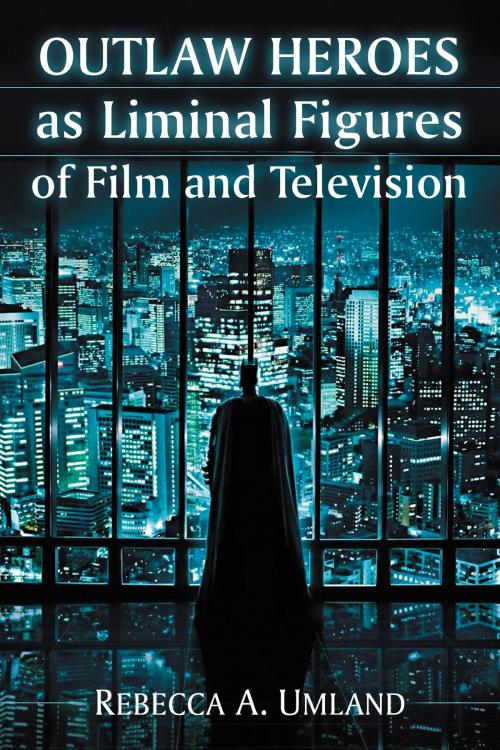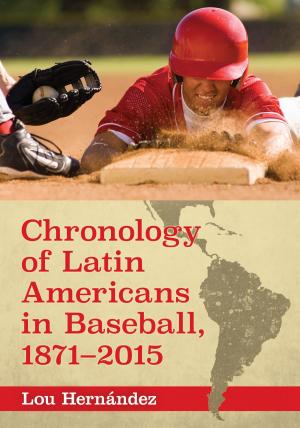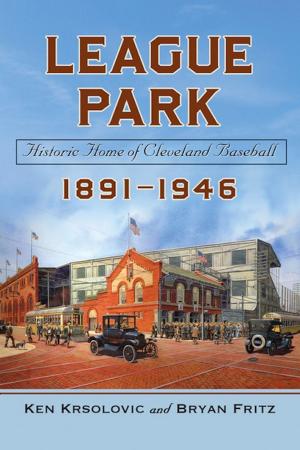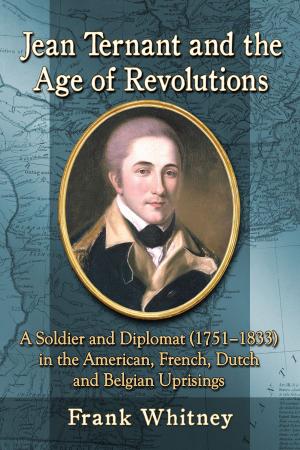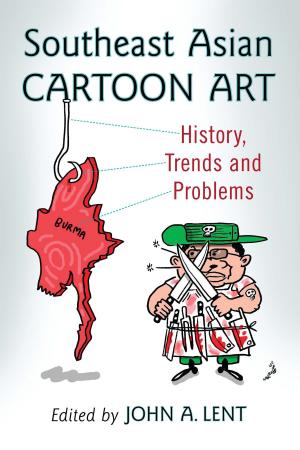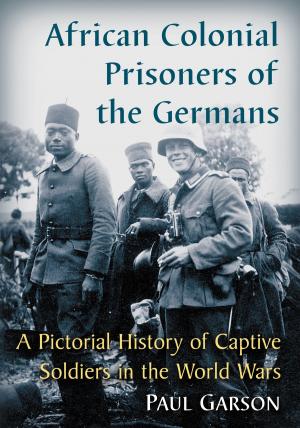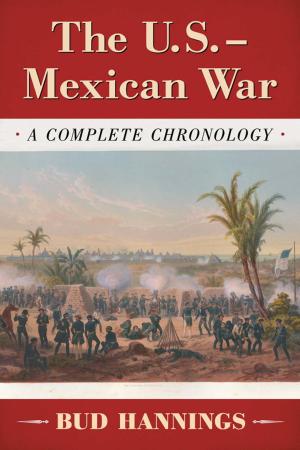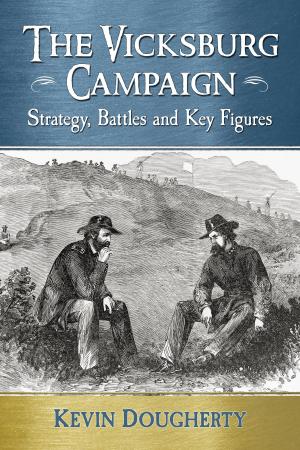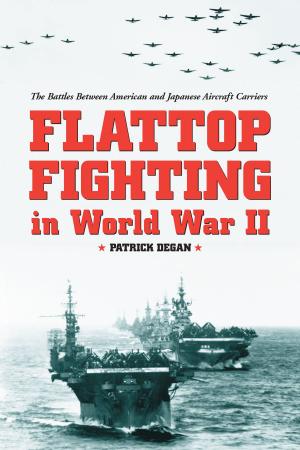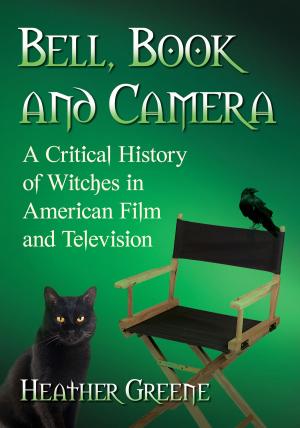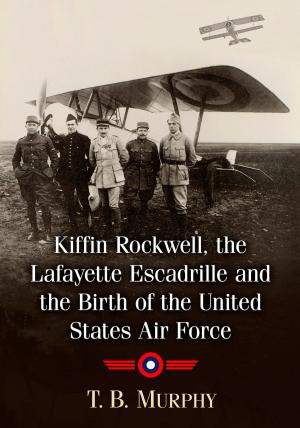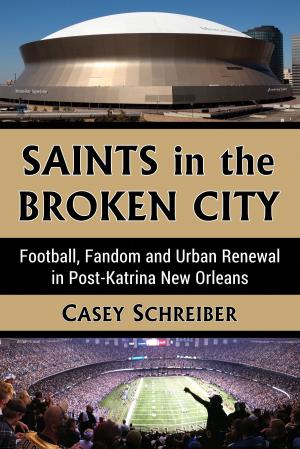Outlaw Heroes as Liminal Figures of Film and Television
Nonfiction, Entertainment, Performing Arts, Television, Film| Author: | Rebecca A. Umland | ISBN: | 9781476623511 |
| Publisher: | McFarland & Company, Inc., Publishers | Publication: | April 27, 2016 |
| Imprint: | Language: | English |
| Author: | Rebecca A. Umland |
| ISBN: | 9781476623511 |
| Publisher: | McFarland & Company, Inc., Publishers |
| Publication: | April 27, 2016 |
| Imprint: | |
| Language: | English |
Unlike such romanticized renegades as Robin Hood and Jesse James, there is another kind of outlaw hero, one who lives between the law and his own personal code. In times of crisis, when the law proves inadequate, the liminal outlaw negotiates between the social imperatives of the community and his innate sense of right and wrong. While society requires his services, he necessarily remains apart from it in self-preservation. The modern outlaw hero of film and television is rooted in the knight errant, whose violent exploits are tempered by his solitude and devotion to a higher ideal. In Hollywood classics such as Casablanca (1942) and Shane (1953), and in early series like The Lone Ranger (1949–1957) and Have Gun—Will Travel (1957–1963), the outlaw hero reconciles for audiences the conflicting impulses of individual freedom versus serving a larger cause. Urban westerns like the Dirty Harry and Death Wish franchises, as well as iconic action figures like Rambo and Batman, testify to his enduring popularity. This book examines the liminal hero’s origins in medieval romance, his survival in the mythology of the Hollywood western and his incarnations in the urban western and modern action film.
Unlike such romanticized renegades as Robin Hood and Jesse James, there is another kind of outlaw hero, one who lives between the law and his own personal code. In times of crisis, when the law proves inadequate, the liminal outlaw negotiates between the social imperatives of the community and his innate sense of right and wrong. While society requires his services, he necessarily remains apart from it in self-preservation. The modern outlaw hero of film and television is rooted in the knight errant, whose violent exploits are tempered by his solitude and devotion to a higher ideal. In Hollywood classics such as Casablanca (1942) and Shane (1953), and in early series like The Lone Ranger (1949–1957) and Have Gun—Will Travel (1957–1963), the outlaw hero reconciles for audiences the conflicting impulses of individual freedom versus serving a larger cause. Urban westerns like the Dirty Harry and Death Wish franchises, as well as iconic action figures like Rambo and Batman, testify to his enduring popularity. This book examines the liminal hero’s origins in medieval romance, his survival in the mythology of the Hollywood western and his incarnations in the urban western and modern action film.
